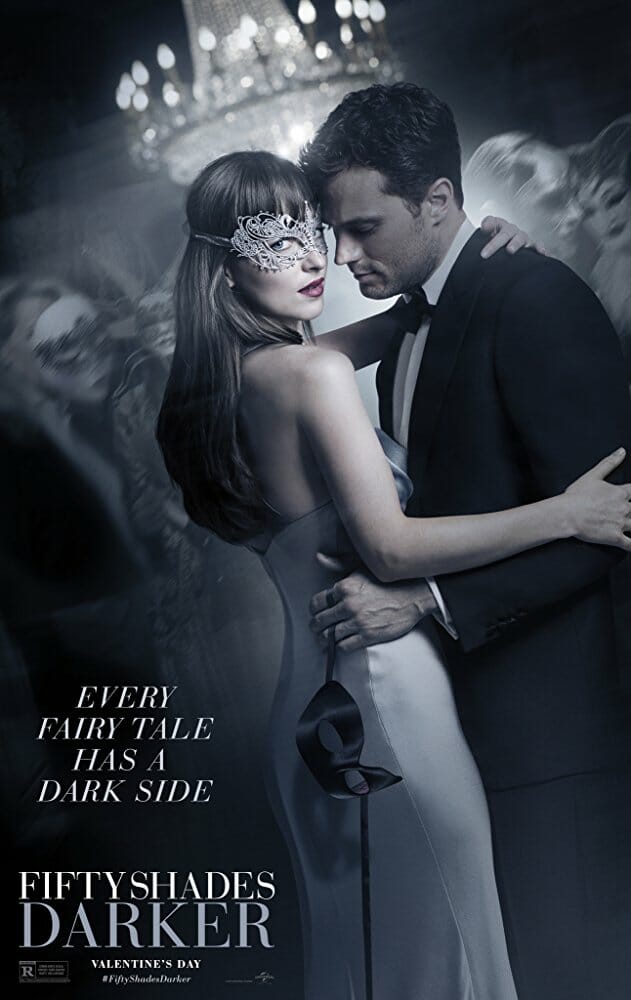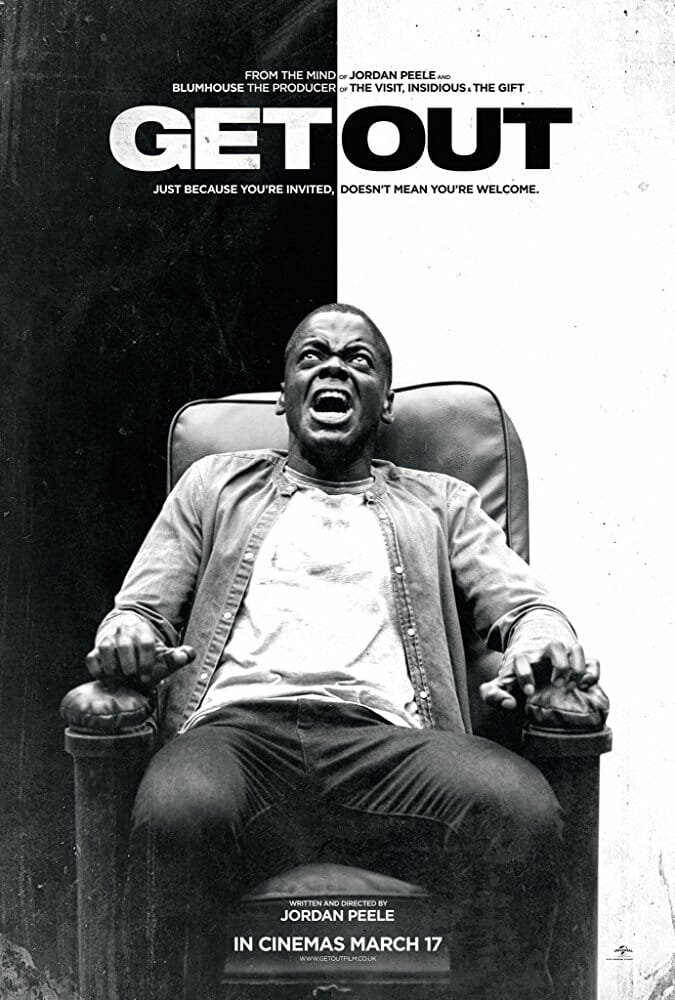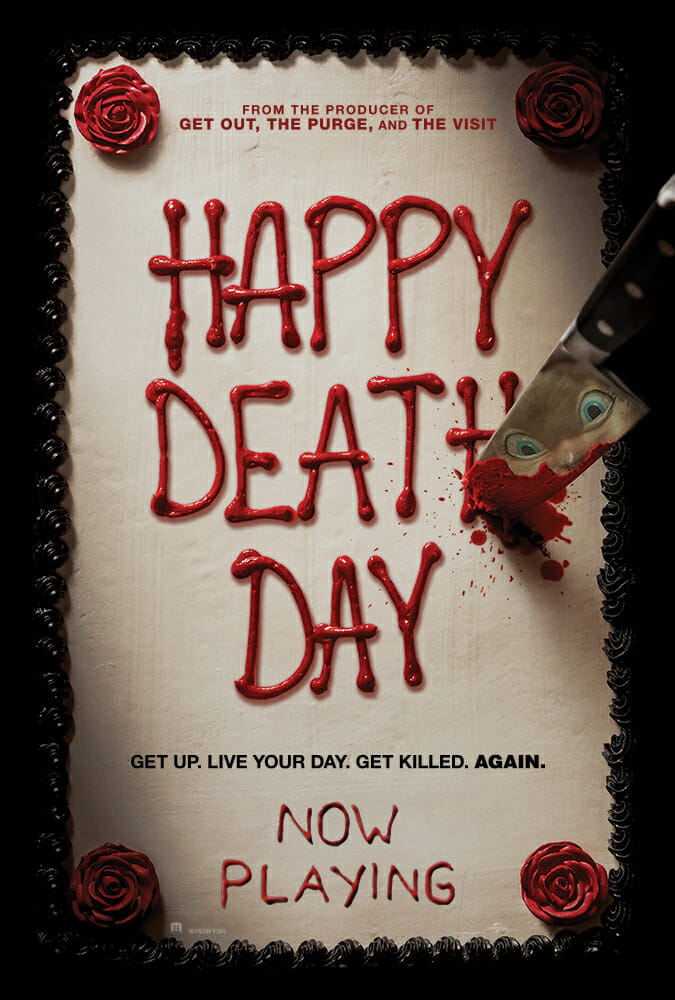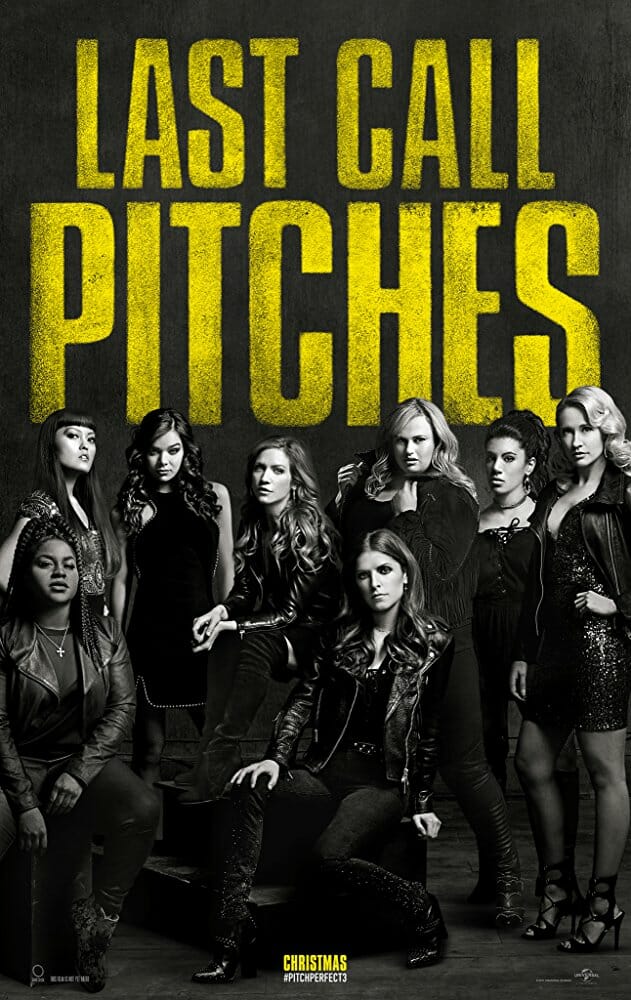Of all the major film studios, Universal Pictures, founded in 1912, is the oldest. In 2004, Universal Pictures merged with NBC becoming NBCUniversal, which was acquired by Comcast in 2009. In August 2016, Universal completed purchasing DreamWorks Animation, which was previously a holding of 20th Century Fox. Universal will begin distributing DreamWorks films in 2019. Having long focused on mass appeal films, many of Universal’s most classic films came from collaborations with director Steven Spielberg and included Jaws, E.T., Jurassic Park, and Schindler’s List.
Due to that focus on mass appeal, perhaps it is not surprising that it was not until the 1990s that any LGBTQ content began to appear in Universal films. The 1991 adaptation of Fried Green Tomatoes removed much of the source novel’s lesbian content, though the 1994 comedic drama Reality Bites did feature a prominent gay character.
Universal’s other inclusive films have also been a mixture of highs and lows, and include To Wong Foo, Thanks for Everything! Julie Newmar (1995), Mulholland Drive (2001), I Now Pronounce You Chuck and Larry (2007), Bruno (2009), Scott Pilgrim vs. The World (2010), Kick-Ass 2 (2013), Riddick (2013), Legend (2015), Neighbors 2: Sorority Rising and My Big Fat Greek Wedding 2 (2016).
Fifty Shades Darker
Fails Vito Russo Test
Widest theatrical release: 3,714 theaters
The second film in the Fifty Shades series, based on the bestselling books of the same name, Fifty Shades Darker continues to follow the torrid romance between Christian Grey and Anastasia Steele. In brief scenes with Christian at work, his colleague Ros is spotted in the background, she is also seen dancing with another woman at a masquerade held early on in the film. Toward the climax of the film, Christian and Ros get into a helicopter accident, but survive. Afterwards, he gives a speech, and when he acknowledges her, she is seen standing with another woman who puts her hand on her back comfortingly. It is nice to see that this financially successful franchise includes a Black lesbian couple, but we would like to see more from Ros and her partner than these few brief moments provided.
 Get Out
Get Out
Passes Vito Ruso Test
Widest theatrical release: 3,143 theaters
In this deservedly critically acclaimed horror film, lead character Chris discovers that his girlfriend’s family have been transplanting the brains of white people into Black bodies, leaving the consciousness of the person in the “sunken place” where they are powerless over their own bodies. Chris finds photos of his girlfriend Rose with other Black men, making it clear that he is not the first man she has entrapped, but surprisingly, the photos also include Rose and the family housekeeper, Georgina, in a pre-hypnosis selfie where Rose is hugging Georgina from behind.
While Georgina is a big part of the film, it is primarily as Rose’s grandmother Marianne whose brain is in Georgina’s body. She has clear moments of trying to fight the control and warn Chris of the danger he is in, but she is never able to entirely break free and regain agency of herself. In the end, Chris accidentally hits her with a car and then as he is attempting to drive her to the hospital, she awakens and attacks him for “ruining her house” in his escape. The car hits a tree, and she dies.
The film’s presentation of the photo seems to be in line with the reveal of other love interests that Rose has brought home. GLAAD has counted Georgina – the actual character in the few moments where she is herself – as a lesbian character. Not to negate the film’s brilliant commentary on race and cultural resonance, however, it is disappointing that Georgina met the same tragic end we have seen repeatedly for queer women.
 Happy Death Day
Happy Death Day
Fails Vito Russo Test
Widest theatrical release: 3,535 theaters
Horror movie Happy Death Day follows sorority girl Tree on her birthday when she is killed, but she is then stuck in a time loop living the same day repeatedly until she can find her murderer. Each day then includes a confrontation with Tim, a boy she had one date with who asks why she never returned his text. At one point, Tree believes Tim may be the killer, so she spies on him only to discover he is watching gay porn. Later on, as Tim confronts her as he always does, Tree tells him he should just be himself and that “love is love.” Tim is stunned. Though it was good to include queer people in this campus’s world – and necessary to reflect reality, GLAAD’s Accelerating Acceptance report found that 20% of Americans aged 18-34 identify as LGBTQ – it would have been nice to see Tim claim his own sexuality.
 Pitch Perfect 3
Pitch Perfect 3
Fails Vito Russo Test
Widest theatrical release: 3,468 theaters
The third and final film in the musical comedy Pitch Perfect franchise continues to follow the a capella group The Barden Bellas as they perform as one of the acts on a USO tour. Out lesbian character Cynthia Rose again returns. Though Cynthia Rose mentioned a fiancé in the previous film, she is nowhere to be found here, and Cynthia Rose is delegated to the sidelines for the majority of the film. Ultimately, she had no real impact on the plot of the film and her removal would not make any significant difference.
The film includes jokes about Chloe being attracted to her fellow Bella, Beca. There are references to “that one time” the girls were on top of each other, and an extended joke with Chloe accidentally grabbing Beca’s breasts as the two hide. None of these jokes ever pay off with an actual romantic moment between the women.
Though it is good to see Cynthia Rose as a lesbian character included in this group of women, it is disappointing that there were more jokes in this franchise about queer women than actual storylines with them.
Split
Fails Vito Russo Test
Widest theatrical release: 3,373 theaters
The newest thriller from M. Night Shyamalan follows Kevin, a man with 23 different personalities battling for dominance and his kidnapping of three teen girls. During this time, Kevin is in therapy as one of his most functioning personalities, Barry. While actor James McAvoy and some press outlets described Barry as gay, Barry never discusses his sexuality himself. Barry is a fashion designer with flamboyant mannerisms, but this alone does not define him as gay. Further, much of Barry’s screen time turns out to be another personality, Dennis, who is pretending to be Barry. As Barry never talks about his sexual orientation and is never shown with a love interest, GLAAD did not count him in its tally.
The Snowman
Fails Vito Russo Test
Widest theatrical release: 1,815 theaters
This horror-mystery includes Jamie Clayton, an actress who is transgender, as Edda, the tech manager for the police station. The film does not give Edda much of a story outside of her work duties. Since nothing in the film identifies Edda as trans, GLAAD did not count Edda as a trans character. We hope to see more opportunity in future for trans actors to play transgender characters, bringing their own authenticity to those stories, as well as portraying characters who are not necessarily written to be trans.
OPPORTUNITIES AHEAD
This summer, Universal will release a sequel to the hit musical Mamma Mia! In the first film, Colin Firth’s character, Harry, came out as gay. The sequel will feature many flashbacks, which include Harry as a young man when he met and dated Sophie’s mother, as well as present day moments. We would like to see his story explored more, both in the past and in the present day scenes. Universal will also begin distributing DreamWorks films, starting with the final How to Train Your Dragon film, The Hidden World. In the second How to Train Your Dragon film, Gobber had a sly line which the director confirmed was him saying he was gay in outside press. In this third and final film, Gobber is set to return, and it would be a huge step forward to see him with a romantic interest.
Focus Features was established in 2002 when USA Films, Universal Focus, and Good Machine combined into a single company. Focus Features produces and distributes its own features, in addition to distributing foreign films, establishing an impressive record of accomplishment of critically acclaimed and popular LGBTQ-inclusive films that include The Kids Are All Right (2010), Pariah (2011), and Milk (2008). Its most commercially successful release to date is the 2006 drama Brokeback Mountain, adapted from the Annie Proulx novel about the romantic relationship between two men in 1960s Wyoming. In 2013, it released another prominent Oscar-nominated LGBTQ-inclusive film, Dallas Buyers Club, and followed it up with 2015’s The Danish Girl which was also Oscar-nominated.
 Atomic Blonde
Atomic Blonde
Widest theatrical release: 3,326 theaters
This 1980s-set spy drama follows Lorraine Broughton, a top MI-6 agent who is sent to Berlin to investigate the murder of a fellow agent and recover a missing list containing dangerous confidential information. While in Berlin, she gets involved with a French spy named Delphine who is also there investigating. Though their relationship is overlaid with the knowledge that they are both liars, they do genuinely like each other and their scenes together seemed to be the only times in which Lorraine was at all human and vulnerable though she insists their relationship is not real. Ultimately, the double agent who was working to frame both Delphine and Lorraine murders Delphine. Lorraine does come across as genuinely regretful that she wasn’t able to get to Delphine in time to help her get out of town, but she quickly moves on with her mission.
It is a welcome change that the creators attempted to include queer characters in this type of genre that does not often include them, but a clunky plot hampered their efforts. Further, the decision to employ the “Bury Your Gays” trope – and the objectification of Delphine in her final moments – was lamentable. This film exists in a larger culture as just one more in a long line of projects that include a violent death for queer women, often directly tied to their identity or relationships.


 Get Out
Get Out Happy Death Day
Happy Death Day Pitch Perfect 3
Pitch Perfect 3 Atomic Blonde
Atomic Blonde










